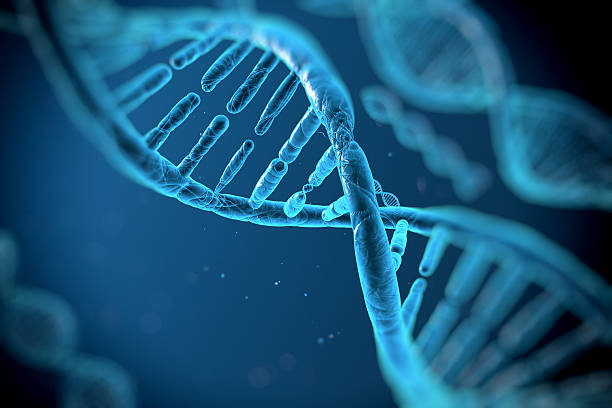The Privacy of Our DNA
May 31, 2018
The Golden State Killer’s identity was recently proven though matching his DNA, taken from a genetic testing site’s database, with DNA found on the evidence. This causes one to consider- should there be a concern for the privacy of one’s DNA?
The answer? No, not necessarily. While the idea of databases containing our DNA may appear to be an alarming invasion of privacy- if the proper authorities only have access to it, then the positives should outweigh the negatives.
Hypothetically speaking, if DNA was recorded for everyone who is born in a hospital, thieves, rapists, serial killers- any criminal that leaves behind traces of DNA- could be identified. Or, if the criminal is not in the database, then those who are not matches can be dismissed. This could benefit the speed at which criminals are caught, and could help verify eyewitness testimonies. This could also dissuade criminals, especially rapists, for they may come to the realization that their chances of being caught are significantly higher.
By recording DNA, unknown bodies that are too damaged to identify visually could be identified through DNA- which could be quickly done due to a pre-existing database. Those who are seemingly endlessly waiting for a person may finally find peace, in knowing their loved one’s fate.
When it comes to genetic testing sites, must ensure that the collected DNA will not be used for other purposes. As shown by the Golden State Killer’s case, this is not a guarantee. Regardless of these exceptions, one shouldn’t feel alarmed by the potential use of their DNA. If a person simply follows the laws set in place, then they should not be concerned with the lack of privacy that their DNA may have.
Some may claim that the storing of DNA may cause an increase in framings, that use a person’s DNA to indict them. However, if such information is kept unavailable to the public, then such a concern becomes unjustified. After all, it is already possible to acquire a stranger’s DNA- all you must do is obtain a hair. After an analysis of the hair, it is feasible to fabricate DNA, which can then be used to frame a person. As this threat already permeates throughout our society, there should be a minimized impact of the storage of such DNA, as it hardly adds to the problems that our society already faces.
Evidently, when it comes to the privacy of DNA, there is no need to raise alarm. If anything, the storage of DNA should be advocated for, as it can potentially lead to lower numbers of criminals on the street.












